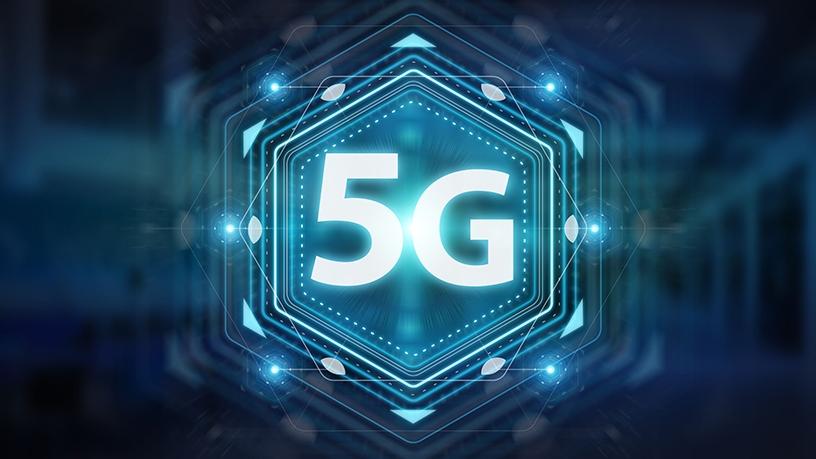
While 5G may well unlock new experiences and significant economic models, there are concerns that the hype around the new technology may be premature.
This is according to a new report by the International Telecommunication Union (ITU).
The report, Setting the Scene for 5G: Opportunities & Challenges, released at the ITU Telecom World 2018 conference in Durban yesterday, says there will have to be significant investment before reaping the benefits of the new technology.
It estimates the cost of deploying a small cell-ready 5G network, provided there is already a commercially feasible fibre backhaul available, to be in the region of R100 million for a small city, to R830 million for a larger, denser city.
The ITU says while a case can be made for 5G investment in a large city, it will be more challenging to make a case for investing in rural areas. Rural and suburban areas are less likely to reap the benefits of 5G deployment, potentially widening the digital divide.
The report suggests a cautious outlook, and says the industry and policy-makers should instead enhance the availability and quality of 4G networks already in place.
"The need for 5G is not immediate. Policy-makers and operators should only consider deploying 5G networks where there is a demand or a robust commercial case in favour of doing so," said the report.
Commercial 5G networks are expected to start deployment after 2020, as 5G standards are finalised. The GSM Association expects 5G connections to reach 1.1 billion people, or about 12% of the total mobile connections, by 2025. It also forecasts overall operator revenue to grow at a CAGR of 2.5%, to reach $1.3 trillion by 2025.
The International Mobile Telecommunication 2020 Standards (IMT-2020), a term developed by the ITU's Radiocommunication Sector in 2012, envisages a peak data rate of between 10 and 20 gigabits per second for enhanced mobile broadband. For wide coverage urban areas, it's envisaged that a user will experience data rates of 100 megabits a second.
The new broadband networks will also unlock new ways of communication. People will be able to share opinions through social networks much quicker than at present, said the report, and when connected to a virtual world, will be able to form new types of communities and establish their own cultures.
5G forums
At a panel discussion on Monday, ICASA councillor Peter Zimri said there were a couple of 5G trials running in SA. He said a 5G forum had been established to mull spectrum, standards and use cases. The forum's working groups would inform policy-making around 5G.
"Normally a lot of these things are industry-driven, but I think we couldn't just sit back and wait for the 5G systems to be onboard, and we decided to establish the forum exactly for that reason, so we can have evidence-based policy-making and regulatory frameworks."
Zimri said one of the bigger challenges for operators was rolling out fibre networks, among them gaining access to land to install the infrastructure.
He said he believed current networks would coexist with 5G networks, and lower bands of 3G and 4G networks were needed to cover the country's vast territories.
Ravi Suchak, VP of public affairs in EMEA for the American Tower Corporation, said only two weeks had passed since Vodacom and Nokia had launched the first commercial deployment of 5G in Maseru.
"They're now using one of the world's first commercial 5G networks on the long-awaited 3.5-gigahertz spectrum. It's not just a first for Africa. It's one of the first of its kind in the world."
* Article first published on itweb.africa
Share